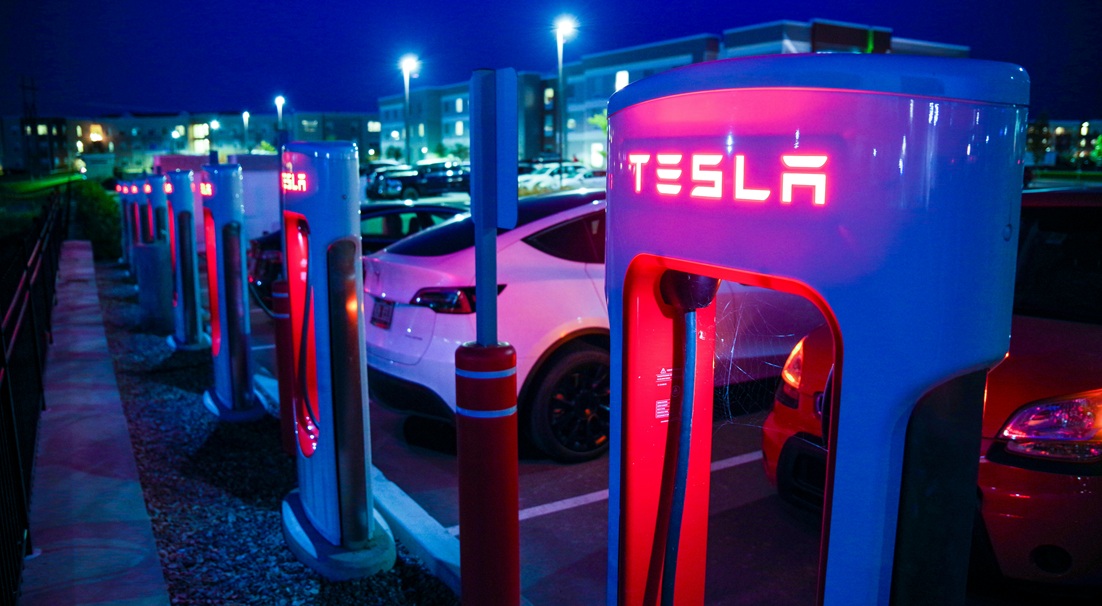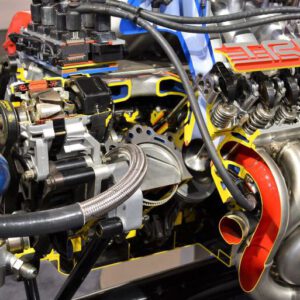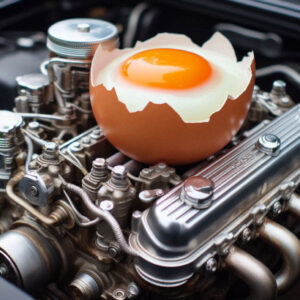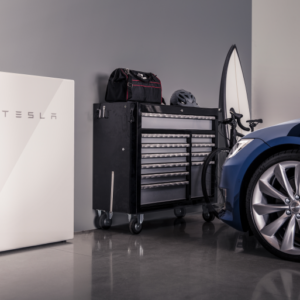An important aspect of electric cars is charging. This is very different from refueling a combustion engine. Most people who have an electric car have their own wall box or a charging station near their home or workplace. The car is charged when it is stationary. And that is often the case: on average, a car in Germany is stationary 97% of the time. During this time, the car can be charged. Since the driving average distance per day in Germany is only 43 km, you do not need to charge every day.
In everyday life, most charging is done at a wallbox or charging station. This type of charging is called AC charging and has the following characteristics:
- The charging power is usually 11kW (or 22kW),
- 43 km is about 8 kWh. With 11 kW AC charging, charging takes about 45 minutes,
- Batteries in modern electric cars are at least 55 kWh in size and have a charging capacity for about 3 to 6 days,
- You set off every day with a full battery and have the full range available. You don’t have to stop to refuel.
- AC charging stations can be requested from various companies.
On long journeys, you charge at fast chargers, e.g. on the motorway. Fast charging is called DC charging and has other properties:
- Fast chargers are often located at rest areas or motorway service stations (Tesla Supercharger, Hypercharger / HPC):
- The charging power is usually 150 to 300 kW
- Recharging 100 km of highway driving takes about 5 to 8 minutes.
- Modern electric cars have good navigation systems that take care of charging planning. The destination is entered and the car takes care of all the planning.
- Fast chargers are automatically planned in real time depending on route, speed, weather and traffic volume.
- The charging planning of other cars is also taken into account.
- Charging times are also indicated by the navigation system.




